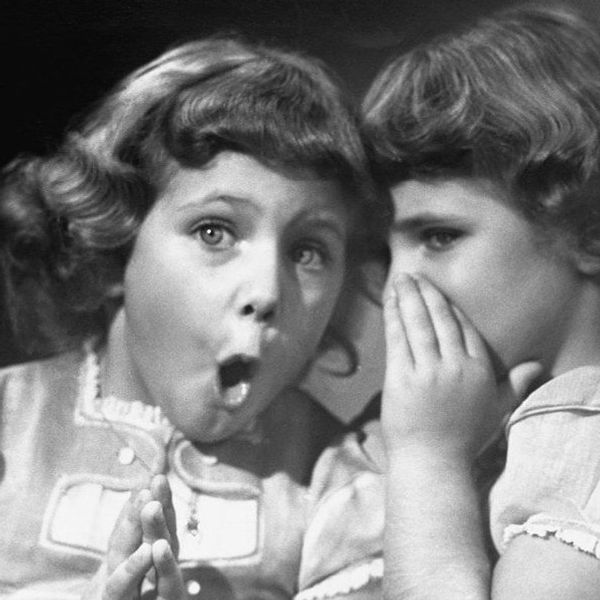Do you check up on the presidential race every morning on your favorite news channel (or Facebook newsfeed)? Maybe you like to tell people how much you #feeltheBern or how awesome it is to be part of the #Cruzcrew. Do you like to make your stand on social issues heard at least two to three times weekly?
Then let’s learn a lesson in political etiquette, shall we?
1. Your voice is important- but it is not the only important one.
Online: If you are the type of person that likes to post their political rants views on Facebook or any other source of social media, then good for you for taking a stand! However, it is crucial that you understand that Facebook is a social network *gasp*. You will have friends that may not agree with you, may have a different perspective, or even may want to add to what you are stating. If you do not want people that will reasonably disagree with you, then I would suggest refraining from posting to a social media source for all to see or changing your privacy settings. If you feel you have the right to post whatever you want, then you are completely correct and no one is stopping you. However, with that, realize others have the right to state their positions and opinions as well.
In person: Say what you need to say. Wait. Listen. Repeat. It is so important that we listen to each other and engage ourselves in discussion in a manner where all parties can share what they think and can lead to a deeper understanding of issues. Frankly, if you are not the type that is willing to listen, then do not be surprised when you are not listened to either. The golden rule is the most important when it comes to politics.
2. Refrain from sarcasm, stereotypes, or offensive personal remarks.
Respect and sensitivity should be your filter for whatever you say. Far too often we lose ourselves in the heat of a discussion or argument and throw low blows, whether it be about someone’s religion, sexual orientation, a racial slur, sarcasm to invalidate someone, a stereotype, or whatever else is spurred from bitterness. If you are reaching this point: it’s time to take a step back. Talking about politics and social movements is completely OK; personally attacking someone’s identity is never OK, regardless of your true private feelings. It is offensive and, as an understatement, rude.
3. There is a time and a place.
Although stated previously was some etiquette on how to treat one another online, online can often be the worst place to talk politics and social issues. It lacks the interaction, sensitivity, and understanding that is crucial for us to relate to one another in a more positive and effective way. If things are just not being understood through social media, suggest (if you can) to meet with them in person and discuss things face to face. From personal experience, I highly recommend this.
Also, it is important to understand that some moments are not the best times to talk politics and will lead to you ineffectively expressing yourself. For example, discussing your political stance in response to a tragedy before offering your condolences can very often be taken as rude and inconsiderate. Only discuss politics when all parties involved are open to it, and never force the conversation.
4. Be ready to defend your stance.
As a personal rule for myself, I choose not to discuss politics when I have not done the research required for me to be fully aware of the issue at hand. I developed this rule the hard way, from times when I have gotten my foot stuck in my mouth for choosing to discuss something I knew nothing about. If you choose to speak out on something you are not as aware as you should be (and no, a couple Buzzfeed videos do not count as research), your ignorance will be immediately pointed out by your peers. Do not be the person that defends or attacks capitalism/socialism/(insert any other controversial issue here) without knowing what it is and what positive and negative effects it has on people. It is foolish to do so.
Now, on the contrary, if you choose to talk about something you are well aware of, you will have the power to share your knowledge and make the people around you more aware and, at the same time, show your maturity with taking issues seriously. It’s a win-win.
5. At the end of the day, remember that diversity is a good thing.
The world has over seven billion people - people with different combinations of values, cultures, ideas, and opinions. Not everyone is going to agree with each other and (in situations where individuals are not being discriminated against of course) that is OK. Remember that those who take different stances are not necessarily your enemies, and remember that while we may have different ideas behind it, we are in the run to make the world a better place.





















